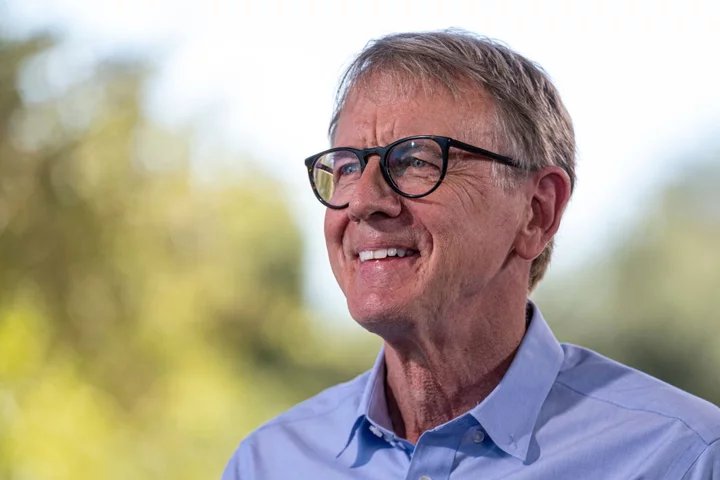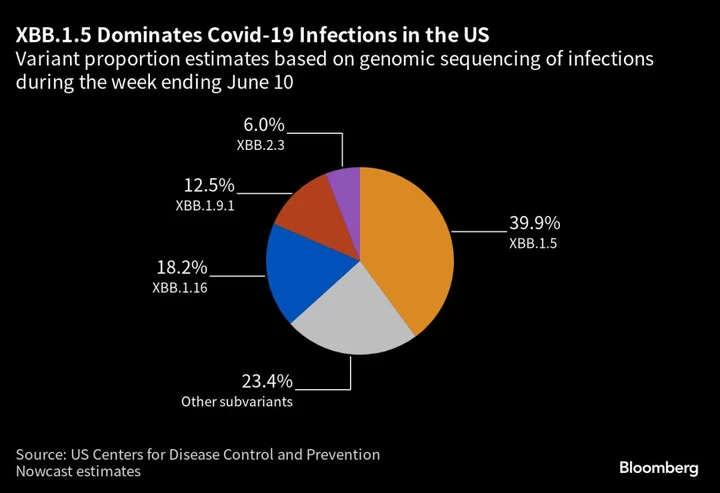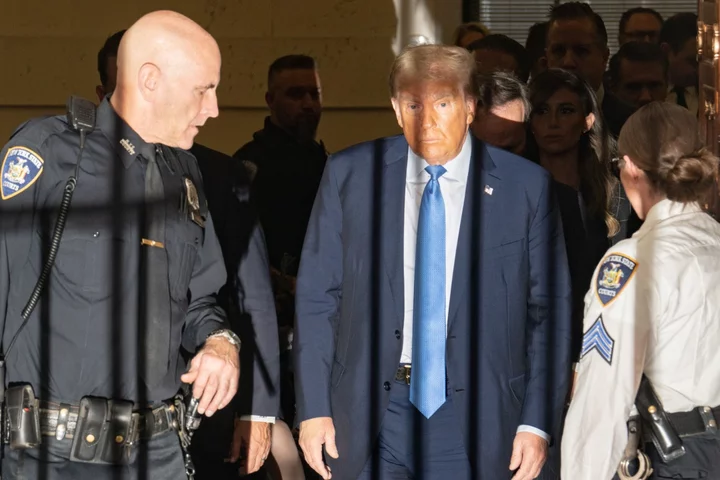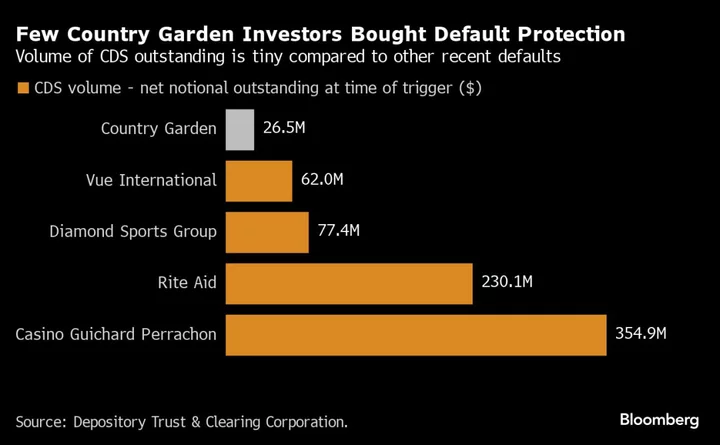An array of technology leaders and advocates are headed to Capitol Hill on Tuesday afternoon to propose how Congress should balance regulating artificial intelligence with promoting innovation.
Venture capitalists Marc Andreessen of Andreessen Horowitz, John Doerr of Kleiner Perkins and former AOL chief Steve Case of Revolution are among the 21 panelists slated to attend the closed-door Senate meeting focused on AI’s promise to drive innovation.
The gathering will be the second installment in a series of AI forums hosted by Senate Majority Leader Chuck Schumer to help lawmakers understand the burgeoning technology as they prepare to regulate it. The top New York Democrat has repeatedly stressed the need for Congress to create guardrails around AI’s risks, including disinformation and bias, while promoting its potential to spur advancements across fields, such as medicine, education, and finance.
At the first AI forum last month, some of the nation’s top tech executives—including Tesla’s Elon Musk, Meta’s Mark Zuckerberg, and Microsoft co-founder Bill Gates—occasionally disagreed over how to address AI’s challenges. While Tuesday’s scheduled three-hour conversation won’t have as many household names, it could likewise pit AI enthusiasts and skeptics against each other.
Andreessen, whose VC firm backs a slew of AI startups, has promoted the tech and urged for its continued development as a “way to make everything we care about better.” In a recent manifesto, Andreessen also made clear he would not be a fan of regulation that slows the pace of AI development. “We believe any deceleration of AI will cost lives,” he wrote. “Deaths that were preventable by the AI that was prevented from existing is a form of murder.”
That contrasts with the views of another attendee, Max Tegmark, a professor at the Massachusetts Institute of Technology who’s president of the Future of Life Institute. The institute earlier this year led an open letter, signed by Musk, calling to pause the development of powerful AI systems to instead focus on safe and responsible AI deployment.
“It’s going to be really interesting to see how it goes. It might get a little bit chaotic,” Tegmark said, pointing to the sheer number of attendees. “I think most of them are against regulation, so it’ll be kind of fun if I get to be the one they all gang up on.”
Multiple civil society officials and academics similarly said they plan to tell senators to prioritize setting rules that ensure Americans are protected against AI’s harms while allowing innovation to flourish.
“Congress must reject the idea that addressing AI harms is somehow counter to innovation,” Center for Democracy and Technology President Alexandra Reeve Givens plans to say Tuesday, according to a copy of her prepared remarks. “America can lead the world by creating technology that works, is safe, and protects people’s rights.”
Suresh Venkatasubramanian, a Brown University professor attending Tuesday, plans to emphasize “human-centered equitable innovation.” He helped put together the White House’s “AI Bill of Rights,” which promotes transparency, safety, and security around AI use, calling it “a good guide” for Congress to craft legislation.
US Office of Science and Technology Policy former director Alondra Nelson, AFL-CIO Technology Institute Director Amanda Ballantyne, and NAACP President Derrick Johnson will also be there Tuesday. Other industry panelists attending include Patrick Collison, chief of fintech giant Stripe Inc., Manish Bhatia, executive vice president of Micron, and the heads of several AI companies.
The diverse selection of attendees comes after lawmakers faced some backlash over the last AI forum’s heavy tech industry presence. Critics at the time called on the senators to include a greater balance of voices to help inform regulation.
Sen. Todd Young (R-Ind.), who’s been leading the upper chamber’s AI push along with Schumer, Sens. Mike Rounds (R-S.D.), and Martin Heinrich (D-N.M.), said hearing from different voices on the issue is important “so that we can have spirited debates and arguments and hopefully synthesize some of the views that we hear.”
Lawmakers, still in the early stages of tackling AI, have begun to float proposals but have yet to pass any significant legislation. These high-profile education forums are expected to run through early next year.
Outside of the US, the European Union is considering a three-tiered approach to regulating generative AI models and systems under proposed legislation known as the AI Act. Negotiators want to hone the legislation by Oct. 25 with a view to finalizing it by the end of the year.









